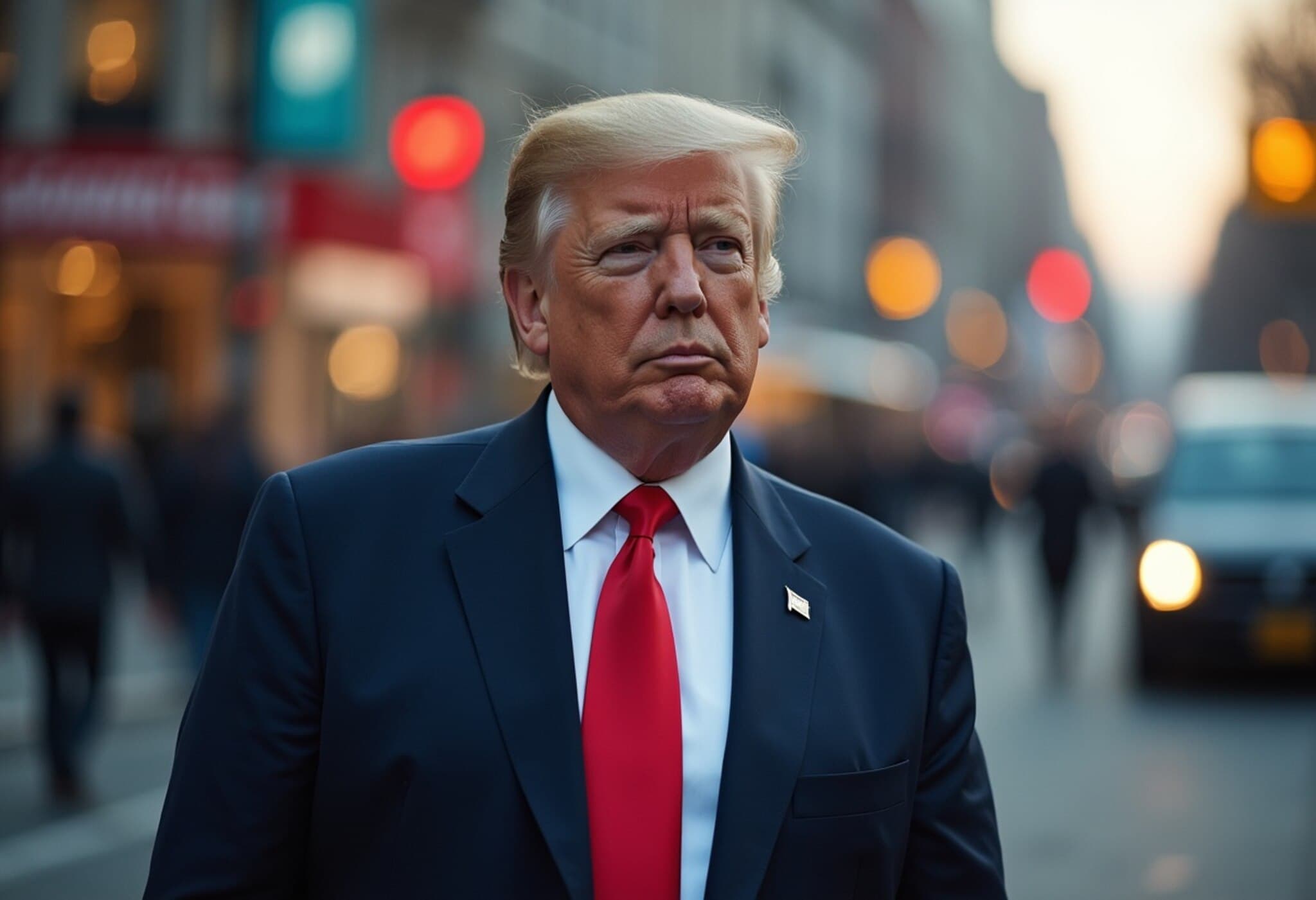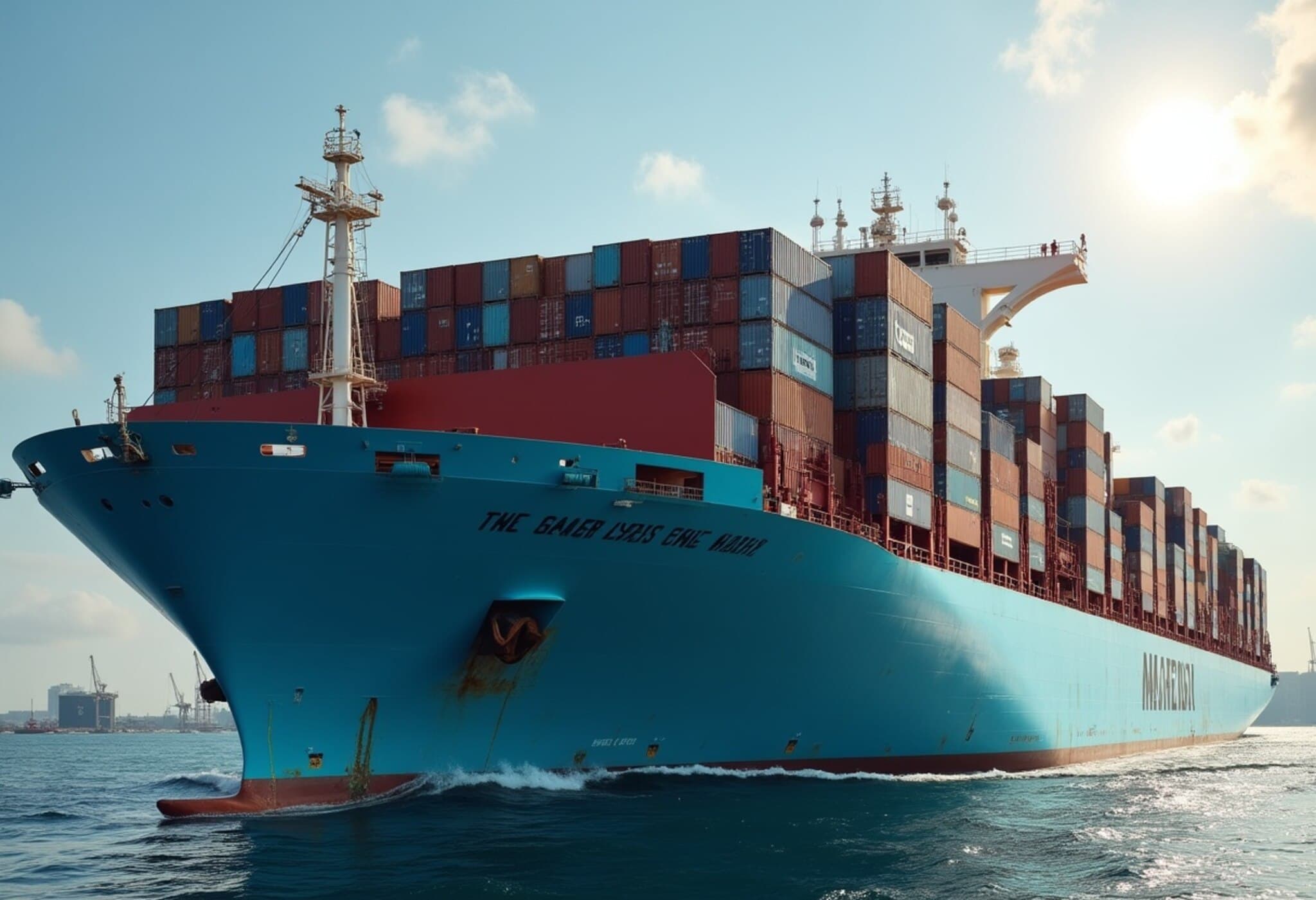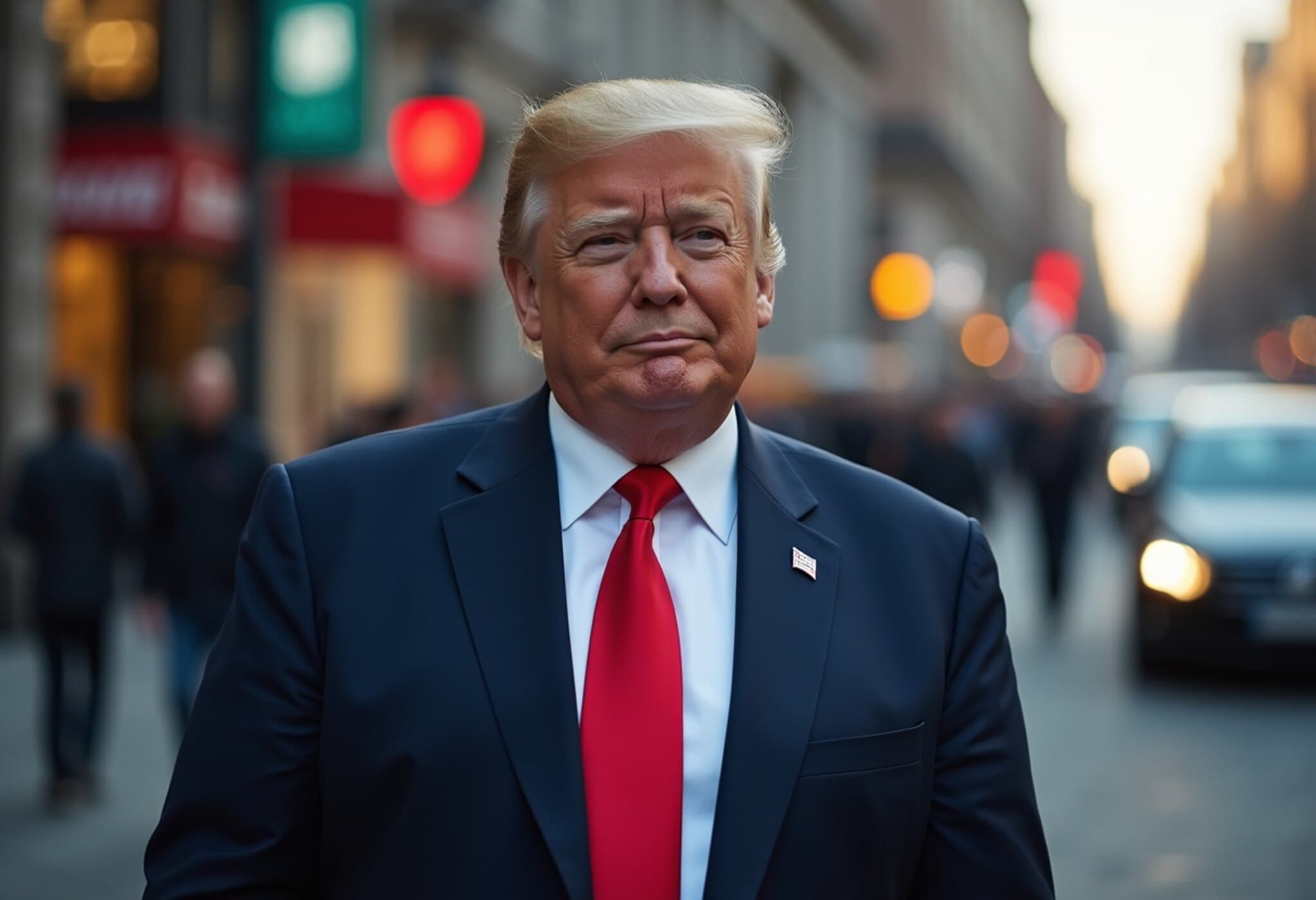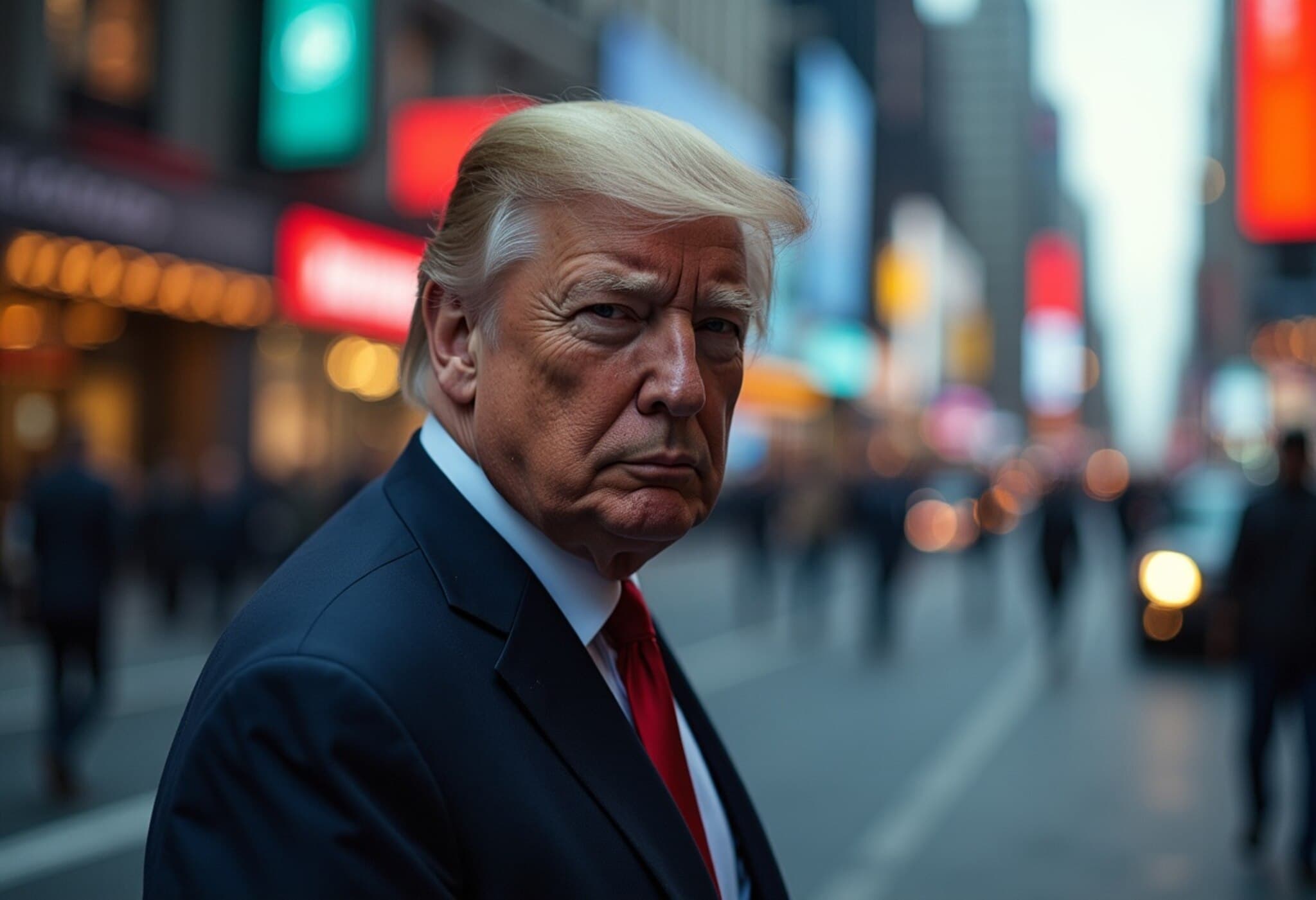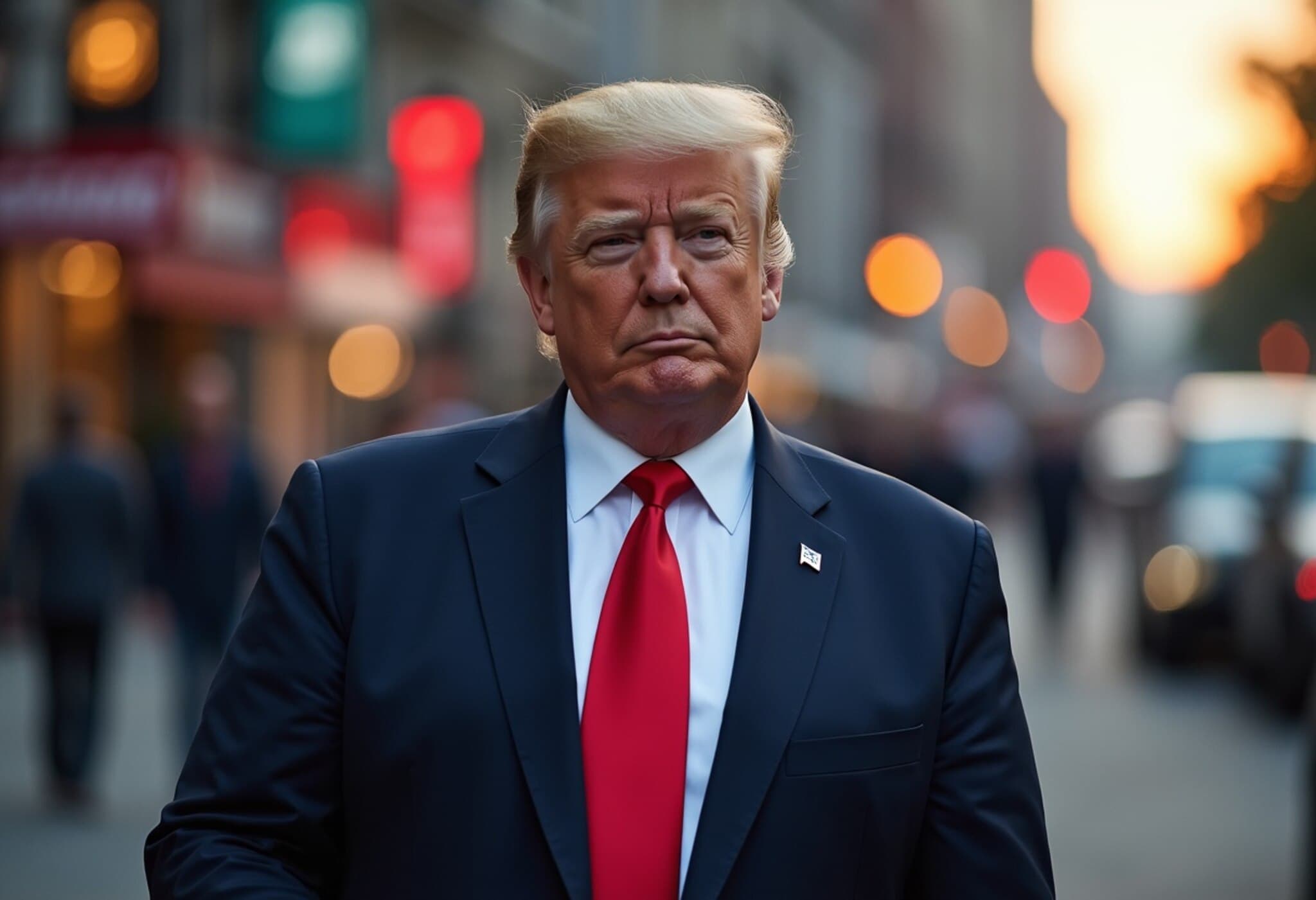US Tariff Overhaul Sparks Uncertainty Among Global Business Leaders
In a dramatic late-night move, the Trump administration quietly implemented sweeping tariff increases on imports from dozens of countries, thrusting global CEOs into a state of confusion and apprehension. Effective just after midnight ET on August 6, 2025, new tariffs now blanket a wide swath of goods entering the United States, ranging from 10% to as high as 50%, marking the most significant shift in American trade policy since the Great Depression.
This sudden escalation aims to tilt the balance of global commerce in America's favor but has left many corporate leaders scrambling to understand the implications on supply chains, pricing strategies, and market stability.
European Executives Voice Frustration Amid Trade Turmoil
European business heads expressed bewilderment and concern as they woke to a transformed trading landscape. Oliver Bate, CEO of the German insurance powerhouse Allianz, summed up the mood succinctly in an interview with CNBC: "If you are not confused, I don't know what confuses a human being." Yet Bate remained pragmatic, noting that while direct impacts on Allianz were limited, increased volatility in foreign exchange and financial markets added layers of complexity.
Similarly, Mario Greco, CEO of Swiss insurer Zurich Insurance Group, described the tariff blitz as part of a deliberate strategy to create market chaos. Despite his misgivings, Greco acknowledged the inevitability of adaptation in business, emphasizing the critical need for clarity in policymaking to enable informed strategic decisions.
Tariff Rates and Global Impact: Winners and Losers
The tariff hike puts the US baseline import tax at 10%, with the average effective rate climbing to an estimated 17%. Notably, traditional allies have received varied treatment:
- United Kingdom, Japan, and South Korea have negotiated reduced tariffs below those initially proposed.
- The European Union secured a framework setting tariffs on most EU goods to 15%, easing immediate trade tensions.
- In contrast, countries like Brazil (50%), Switzerland (39%), Canada (35%), and India (25%) face steep new levies, amplifying strains on their export sectors.
The disparate approach reflects a complex geopolitical calculus but has engendered widespread uncertainty and anxiety among exporters and multinational corporations.
Industry Leaders Highlight Geopolitical and Economic Risks
Carsten Knobel, CEO of Germany's Henkel, characterized the current climate as "very challenging and uncertain," citing not only tariffs but also mounting geopolitical tensions and military conflicts worldwide. This cocktail of risks is undermining confidence just as companies are trying to recover from pandemic-related disruptions.
Vincent Clerc, CEO of the Danish shipping giant Maersk, echoed these concerns, emphasizing how unpredictable trade policies are delaying investment decisions. "Businesses need a baseline they can rely on to plan long-term," Clerc explained, warning that prolonged uncertainty could stifle global economic growth and dampen demand.
Corporate Responses: Adaptation Amid Ambiguity
Despite the turmoil, CEOs affirmed their readiness to navigate this new era. Maersk, often seen as a bellwether for global trade health, suggested that a period to absorb and adjust to these changes could eventually stabilize conditions and even herald a fresh phase of globalization, albeit shaped by new rules.
Meanwhile, Roland Busch, CEO of Siemens, welcomed the tariff deadline's passing, underscoring the value of policy certainty even if he wished tariffs were lower. Busch indicated the company's operations would feel only minor impacts in the current fiscal year, reflecting a cautious optimism amid uncertainty.
Looking Ahead: The Search for Clarity in a Complex Trade Landscape
The abrupt tariff changes have spotlighted a fundamental tension in global commerce: the interplay between national interests and the interconnected nature of supply chains. For American businesses and their global counterparts, the question remains how to strike a balance between protectionism and the benefits of open trade.
Experts suggest that enhancing transparency, engaging in multilateral dialogue, and striving for stable, predictable trade policies will be crucial in mitigating risks and fostering sustainable global economic growth.
Editor’s Note
This tariff upheaval underscores the enduring volatility in global trade politics. While companies are built to adapt, the cost of uncertainty weighs heavily on investment and innovation decisions. For policymakers, the challenge lies in designing frameworks that protect domestic interests without fracturing the international economic fabric. As the world watches, the coming months will reveal whether this tariff regime sparks a new era of trade realignment or deepens fragmentation in the global marketplace.

